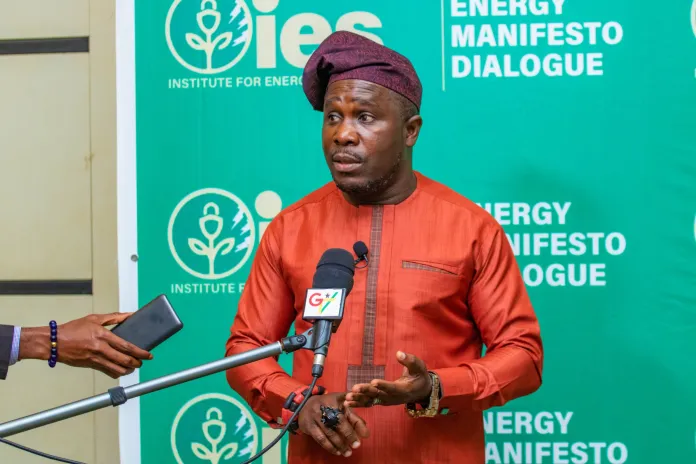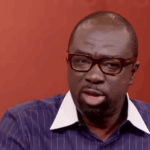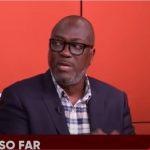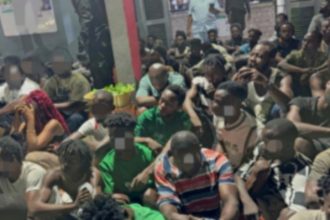Ghana’s persistent power outages, commonly known as “dumsor,” are expected to continue for at least two more years, according to Nana Amoasi VII, Executive Director of the Institute of Energy Security (IES).
In an interview on November 25, he painted a grim picture of the country’s energy crisis, attributing it to inefficiencies in the power distribution network.
“We are not moving out of dumsor anytime soon. It could take up to two years before we see stability in the power sector,” he stated.
He stressed that poorly maintained infrastructure, such as meters that haven’t been recharged in over a year, is a key driver of the crisis.
Nana Amoasi stressed that until the Electricity Company of Ghana (ECG) addresses its inefficiencies, the power challenges will persist.
He called for targeted investments and a disciplined approach to revenue management across power utilities.
“The government must invest in systems that ensure equitable revenue distribution and improve infrastructure. Until these inefficiencies are cleared, dumsor will remain with us,” he emphasized.
Reflecting on the issue, he criticized successive governments for failing to act decisively.
He argued that Ghana had inherited a robust power sector with adequate installed capacity and reliable fuel supply, making the recurrence of dumsor after 2017 avoidable.
According to him, a modest investment of 22 million Ghana cedis in 2018 and 2019 could have resolved many of the sector’s inefficiencies.
Nana Amoasi also raised concerns about transparency in the energy sector, alleging that critical operational data from GRIDCo is being withheld.
“Why is the government suppressing vital information? Documents from GRIDCo are now labelled ‘private and confidential,’” he said, urging greater openness to build public trust.
With no immediate solutions in sight, Ghanaians face the prospect of prolonged power disruptions as the country grapples with entrenched inefficiencies in its energy distribution network.
Nana Amoasi warned that significant progress may not be achieved until a new administration takes office, further complicating hopes for swift resolution.
















